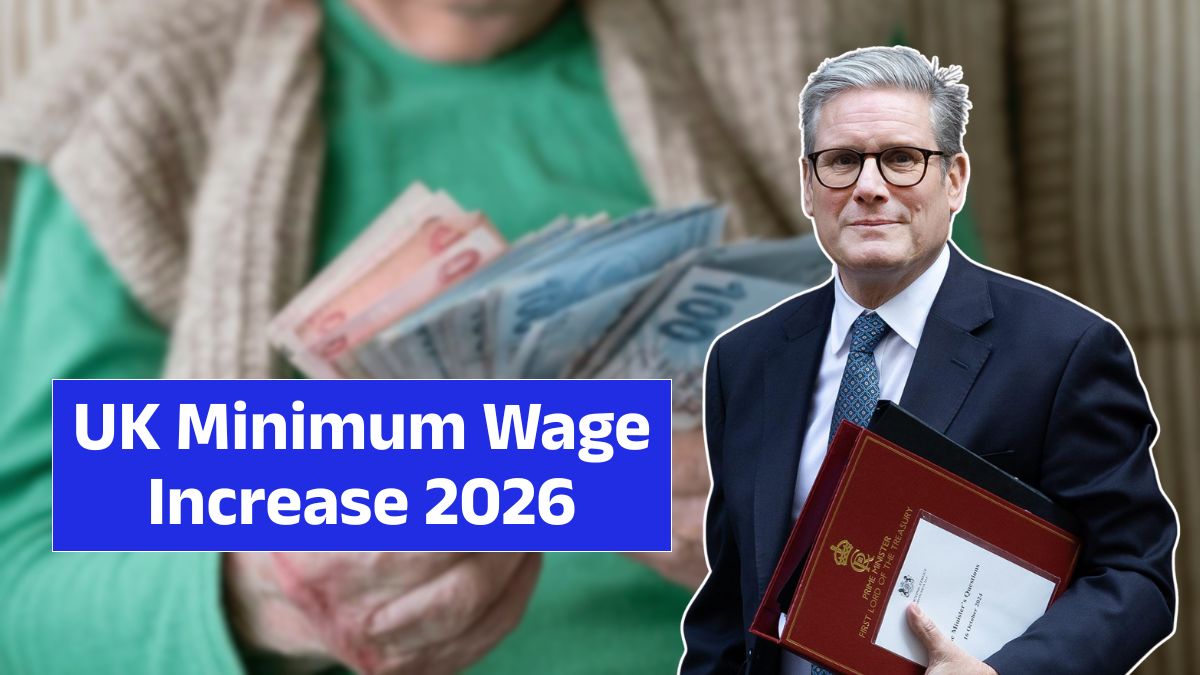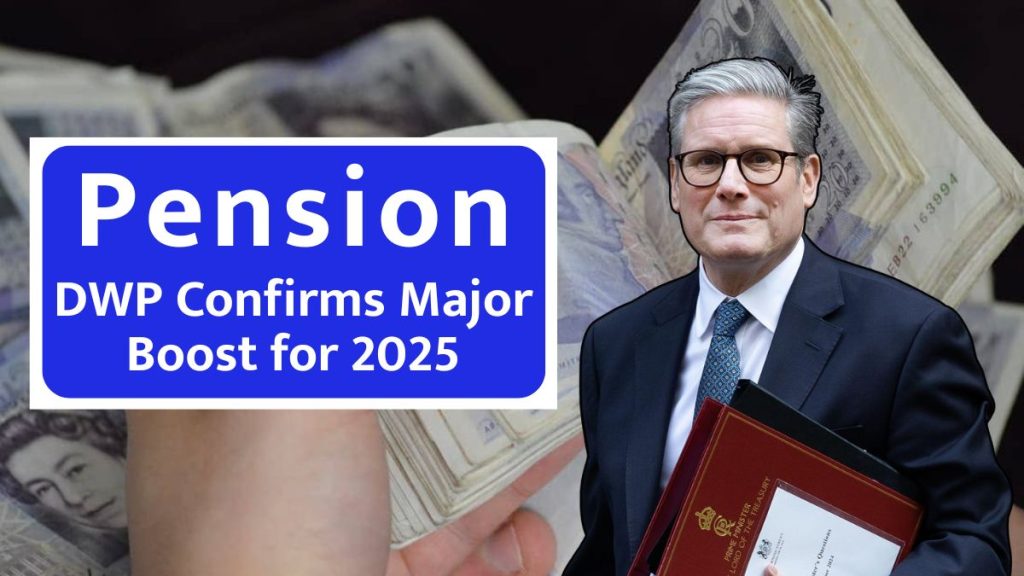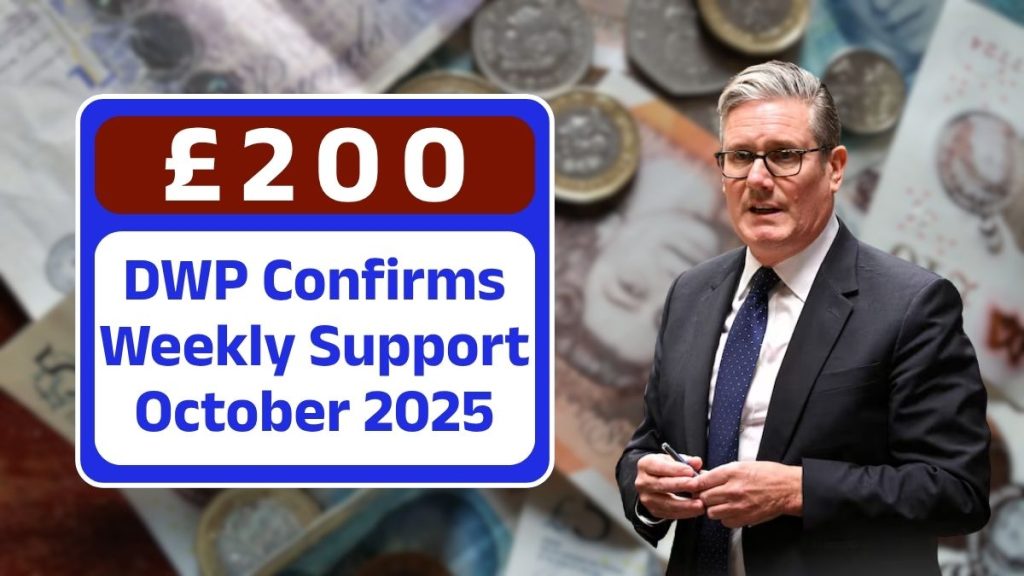Reports circulating online have claimed that the Department for Work and Pensions (DWP) will introduce a new £420 monthly support under Pension Credit in 2025. However, official documents and parliamentary reports confirm no such scheme exists. Instead, what pensioners will see in April 2025 is a 4.1% uprating of Pension Credit guarantee levels, in line with inflation.
This article explains the confirmed changes to Pension Credit in 2025, debunks misleading reports, and provides clarity on eligibility, application, and the wider economic context.
Pension Credit Uprating in April 2025

From April 2025, the Pension Credit Guarantee Credit — the state’s minimum income guarantee for low-income pensioners — will increase by 4.1%.
- For single pensioners, the rate will rise to £227.10 per week.
- For couples, it will increase to £346.60 per week.
These figures were confirmed in the House of Commons Library’s Benefits Uprating 2025/26 report, which sets new benefit levels according to the Consumer Price Index (CPI). The CPI stood at 4.1% in September 2024, forming the basis for this adjustment.
The £420 Claim – What’s Really Going On?
Contrary to online rumours, there is no evidence of a flat £420 monthly payment under Pension Credit.
- Pension Credit is calculated weekly, not monthly.
- The new weekly rates already exceed £420 when converted to monthly figures. For example, £227.10 per week for a single pensioner equates to around £908 per month.
The figure of £420 appears to stem from misreporting or confusion with Universal Credit changes, where households will see average annual benefit increases of around £420 due to reduced repayment deductions.
A DWP spokesperson declined to comment directly on the claim but pointed journalists to the official benefit uprating statements on gov.uk.
Historical Background: What Is Pension Credit?
Introduced in 2003, Pension Credit was designed to reduce pensioner poverty by topping up incomes that fall below a guaranteed level. It ensures that older citizens are not left without a basic safety net.
- Around 1.4 million households currently claim Pension Credit.
- However, up to 850,000 eligible households are estimated to miss out, largely due to lack of awareness or stigma around means-tested benefits.
This under-claiming problem means billions of pounds in available support remain unclaimed each year.
Eligibility for Pension Credit in 2025
To qualify for Pension Credit in 2025, applicants must:
- Be aged 66 or over (State Pension age).
- Live in England, Scotland, or Wales.
- Have income below the guarantee levels.
Income from pensions, savings, and earnings is taken into account. However, those with modest savings may still qualify through the Savings Credit element, although this is limited to older cohorts.
Applications can be made:
- Online through gov.uk
- By phone via the Pension Credit claim line
- By paper application
Charities like Age UK and Citizens Advice provide free support with the process.
The Economic Context
While uprating ensures benefits keep pace with inflation, the rise comes against a backdrop of significant cost-of-living pressures.
- Between 2021 and 2024, food prices rose nearly 20%, according to the ONS.
- Energy bills remain far above pre-crisis levels.
Charities warn that many pensioners still face “impossible choices” between heating and eating. Caroline Abrahams, Charity Director at Age UK, said: “While uprating is welcome, it does not erase years of rising living costs.”
International Comparison
When compared internationally, the UK’s pension support lags behind.
- A 2023 OECD report ranked the UK State Pension replacement rate at 58% of average earnings, below the EU average of 63%.
- Countries such as the Netherlands and Denmark provide stronger public pension systems, sparking debate about whether UK pensioners are receiving enough support.
Human Impact: Pensioners on the Ground
For many pensioners, even modest increases make a big difference.
Margaret, 74, from Birmingham (name changed for privacy), explained: “Without Pension Credit, I would struggle to cover rent and food. Even a few pounds extra a week helps.”
Campaigners argue that greater automatic enrolment could help people like Margaret, ensuring more eligible pensioners receive the top-up without having to navigate a complex application process.
Political Debate
Opposition parties and advocacy groups argue that the government is doing too little.
- The Labour Party has called for stronger measures to improve take-up and more generous increases.
- The government insists that uprating, combined with Winter Fuel Payments and free TV licenses for some groups, offers meaningful support.
This debate is expected to continue in the run-up to the welfare review scheduled for late 2025, which will set uprating rules for 2026/27.
Looking Ahead – Future Reforms
Policy experts anticipate that future reforms may focus on:
- Automatic enrolment to reduce under-claiming.
- The sustainability of the State Pension triple lock, given fiscal pressures.
- Possible integration of Pension Credit with other targeted benefits for simplicity.
Analysts predict ongoing tension between government spending limits and the public’s expectations for stronger pensioner support.
FAQs on DWP Pension Credit 2025
1. Will pensioners receive £420 a month under Pension Credit in 2025?
No. The £420 claim is unverified and not supported by government documents. Pension Credit is uprated by 4.1% in April 2025, with weekly rates rising to £227.10 (single) and £346.60 (couple).
2. What are the new Pension Credit rates for April 2025?
£227.10 per week for single pensioners and £346.60 per week for couples.
3. How many pensioners claim Pension Credit?
Around 1.4 million households currently claim it, but up to 850,000 eligible households are missing out.
4. How do I apply for Pension Credit?
Applications can be made online, by phone, or via paper form. Charities such as Age UK and Citizens Advice can provide support.
5. Will Pension Credit change again after 2025?
Yes. The next government welfare review in late 2025 will set uprating rules for 2026/27, and debates on automatic enrolment and pension system reforms are ongoing.














